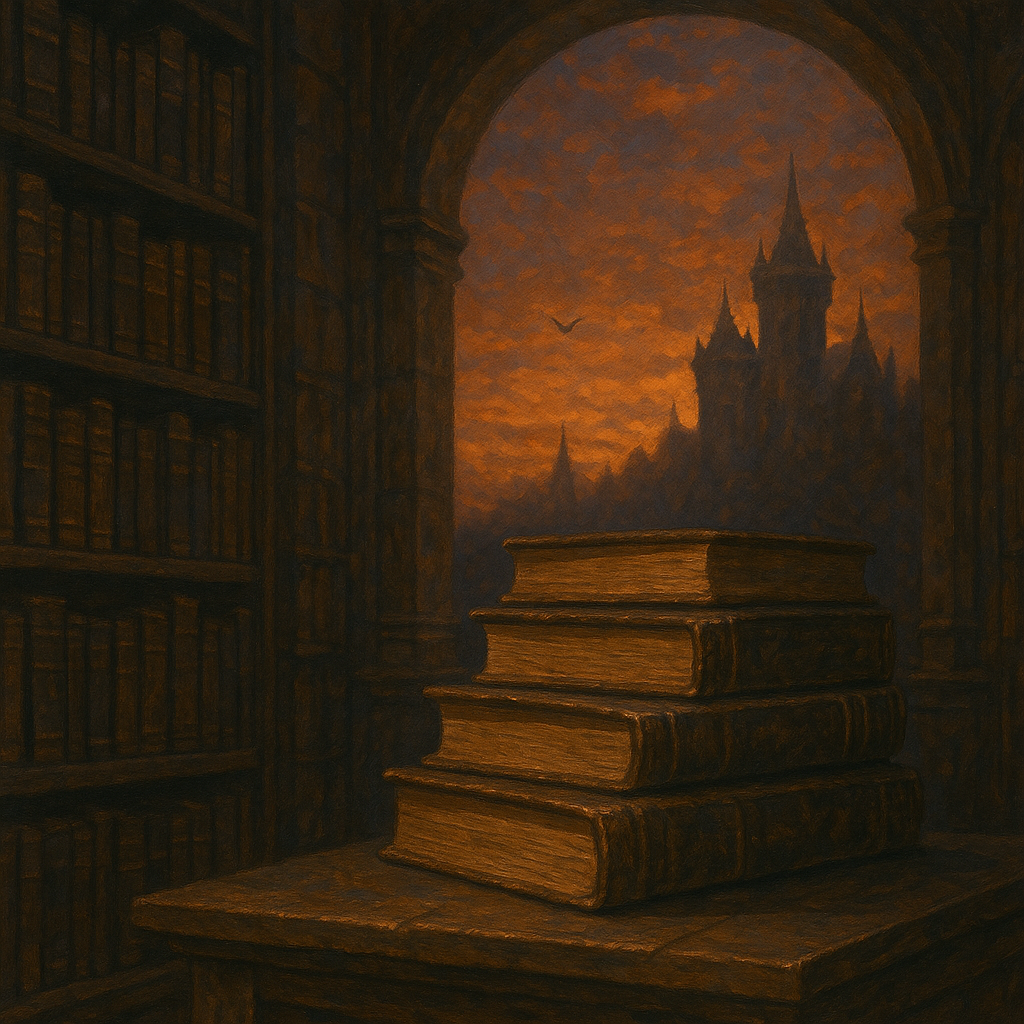Oferta
Proporcione detalles adicionales sobre la oferta que está ejecutando.

El romance romántico, la combinación perfecta de romance y fantasía, ha cobrado protagonismo en los últimos años, especialmente en las comunidades de BookTok y Bookstagram. Muchas novelas se vuelven virales gracias a sus portadas, títulos y clichés. Pero tras el revuelo se esconde una pregunta: ¿siguen siendo los clichés románticos una fórmula ganadora o los lectores están empezando a cansarse de ellos? Para los amantes del romance romántico , el reto es doble: disfrutar de lo familiar y, al mismo tiempo, anhelar algo nuevo.
De enemigos a amantes
Probablemente el tropo más querido. Bromas agudas, antagonismo inicial y tensión innegable. Según " ¿Qué es el Romantasy?" en Reedsy, este tropo suele prosperar cuando se vincula con intereses mágicos o políticos.
Compañeros predestinados / destino mágico
Almas gemelas unidas por magia o profecía. Este cliché tranquiliza a los lectores que quieren creer en una historia de amor "inevitable".
El protector reticente
El héroe o la heroína se ve obligado a proteger a alguien... solo para enamorarse en el camino. El choque entre el deber y el deseo es irresistible.
Identidad oculta / poderes secretos
Un personaje oculta su verdadera ascendencia, habilidad mágica o estatus real. La revelación mantiene viva la intriga.
Romance de combustión lenta
No es amor instantáneo, sino tensión persistente: miradas robadas, malentendidos, obstáculos. Los lectores saborean el viaje, no solo el destino.
Triángulos amorosos
Un protagonista dividido entre dos intereses amorosos intensifica el drama emocional.
Magia prohibida y pactos peligrosos
Pactos oscuros, hechizos malditos, poderes tabú: estos elementos complican el romance con consecuencias sobrenaturales.
Creación de mundos inmersivos con grandes riesgos
Ya sea guerra, política o la supervivencia de un reino, el trasfondo fantástico debe ser rico y cautivador. El romance prospera cuando el mundo se siente épico.
Comodidad y familiaridad : En un mundo incierto, los clichés familiares son un refugio seguro. Los lectores saben qué esperar (drama, romance, magia), lo que facilita sumergirse en la historia.
Tensión emocional garantizada : Los tropos están diseñados para provocar pequeños desamores: añoranza, frustración, anticipación y alegría. Perfecto para contenido viral en BookTok y Bookstagram.
Atractivo de marketing : Las portadas reconocibles y las tramas fáciles de presentar hacen que los libros con estos tropos sean muy compartibles (“si te encantó X, te encantará Y”).
Saturación y previsibilidad
Con tantas novelas que reciclan los mismos intereses amorosos de señores oscuros o rebeliones reales, las historias corren el riesgo de mezclarse.
Personajes planos o estereotipados
El chico malo melancólico, la heroína excesivamente “fuerte” con poca profundidad: los lectores piden cada vez más matices y autonomía.
Demanda de originalidad y diversidad
Más lectores quieren mundos no occidentales, representación LGBTQ+ y personajes fuera del molde blanco/heterosexual predeterminado.
Expectativas incumplidas
A veces, el romance eclipsa la construcción del mundo de fantasía, dejando a los lectores frustrados cuando los riesgos mágicos parecen superficiales.
Reacción en las redes sociales
En BookTok y Bookstagram, las publicaciones suelen criticar las portadas genéricas al estilo de ACOTAR o las imitaciones de La Cuarta Ala. La palabra clave « amantes del romance » suele surgir en debates que exigen innovación.
Experimente con la voz narrativa : cambie de punto de vista, utilice cartas o diarios o adopte perspectivas inusuales.
Subvertir las expectativas : un arco de enemigos a amantes donde el enemigo sigue siendo moralmente complejo, o un tropo de compañeros predestinados donde el destino se ve desafiado.
Invierta en la creación de mundos : haga que la fantasía, la política, la magia y las culturas sean tan inmersivas como el romance.
Desarrollar personajes secundarios y fundar una familia : los arcos secundarios pueden agregar riqueza y contraste al romance principal.
Equilibre la combustión lenta y el resultado : no apresure las escenas picantes, deje que la tensión respire.
Priorizar la inclusión : ampliar la representación a través de culturas, identidades y orientaciones para evitar caer en valores obsoletos.
Para los amantes del romance , los clichés no son el enemigo; forman parte del encanto del género. Pero, si se abusa de ellos sin innovación, corren el riesgo de alienar a los lectores. La receta sigue funcionando: tranquiliza, entretiene y se viraliza. Sin embargo, para seguir siendo memorable, el romance debe equilibrar la comodidad con la creatividad, ofreciendo a los lectores tanto los clichés que adoran como las sorpresas que no vieron venir.